The man who holds the legacy of Jean-Luc Godard
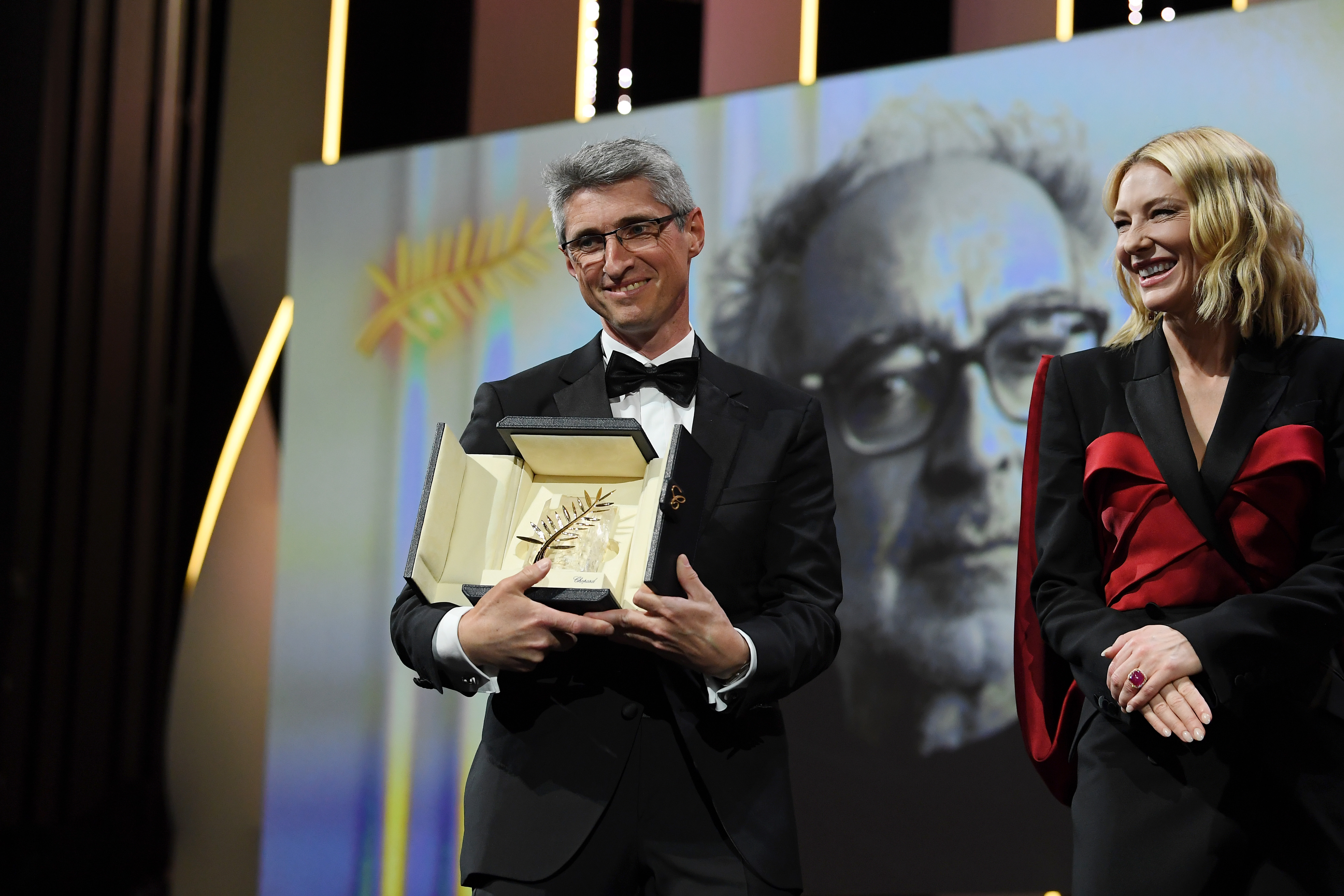
Fabrice Aragno, Jean-Luc Godard's close collaborator, discusses the ideas in Godard's final films and his experience making films after the director's death.
More than a year before Jean-Luc Godard died by assisted suicide in September 2022, Yves Saint-Laurent commissioned a short film by the great director, eager to boost the brand’s credentials by securing a new work by the most famous name of the French New Wave.
What Godard produced – a cryptic short film based on a longtime idea he had in his mind entitled Drôles de guerres / Phony Wars – was submitted to the luxury fashion house in spring 2021 but wouldn’t be released for another two years.
“I hope they weren’t sitting on it because they expected Godard to die and therefore profit from it, marketing-wise,” Fabrice Aragno, Godard’s principal collaborator for the past 20 years, told SWI swissinfo in a video call in anticipation of the latest screening, at the Vienna Film Festival (Viennale).
Whatever their motivation, Godard did die a short while later, checking himself into an assisted suicide clinic in Rolle, Switzerland, after an extended period of ill health. The film premiered at the Cannes Film Festival in May 2023.
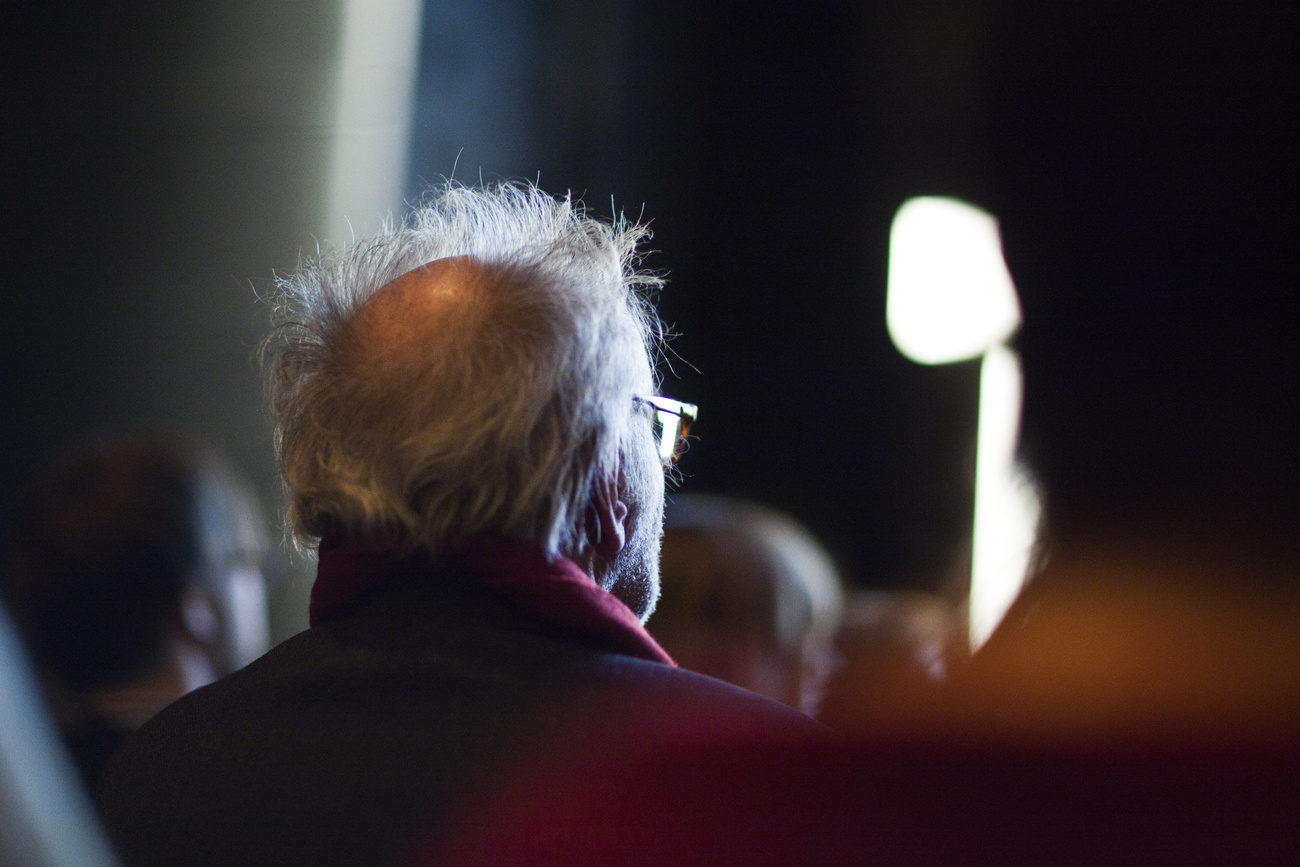
More
Godard’s assisted suicide – not an option everywhere
On screen, this 20-minute work is referred to as a Film annonce du film (trailer for the film), a kind of speculative preview of a longer work that Godard intended to make in the future.
When we speak, Aragno expresses his distaste for the addition of an appendage to the title, by Saint Laurent. It is now titled not Trailer for a film but Trailer for a film that will never exist. For Aragno, “that’s wrong. This is the film, it does exist… that makes no sense to me.”
More than a technical hand
This kind of precise, protective, perhaps pedantic assertion is typical of Aragno, 54, who worked with and in many ways “protected” Godard – first as a location manager, then as a technical whizz, and then as a genuine creative collaborator – for 20 years.
His resourcefulness with and curiosity about cameras proved vital to Godard, and over time their professional collaboration grew more intense, whether on Film socialisme (2010), for which Aragno was entrusted to shoot many of the images without Godard even being present, or on Adieu au langage (2014), a 3D project enabled by the construction of an innovative rig for shooting two-cameras in three dimensions.
With his background in puppet theatre, one may wonder what drew Aragno to cinema, to the technical side in particular. “I guess I wanted to express myself without words,” he says. “Cinema is perfect for that. And in fact, the technique of cinema is very simple, as I learned in film school in Switzerland. You can learn the basics in two days. But back then I was only being told to learn and follow the rules, something I clearly didn’t absorb.”
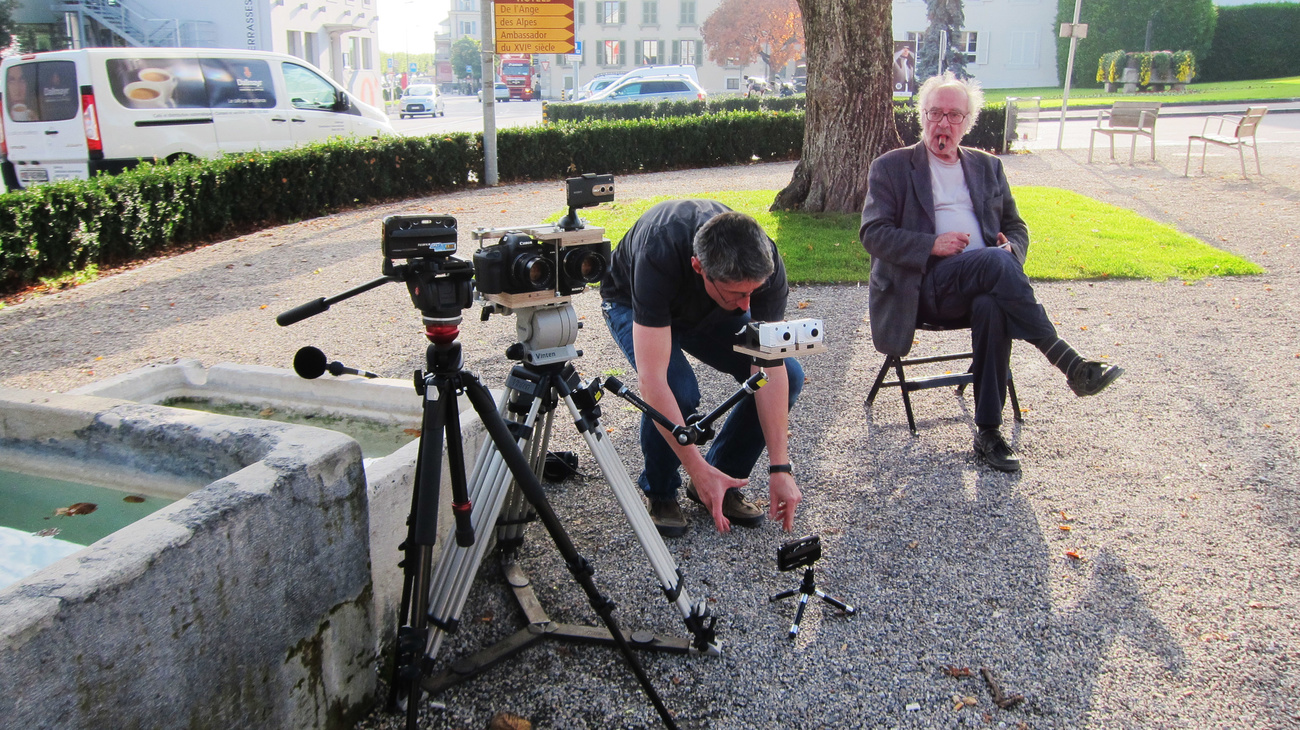
From Phony Wars to Scénarios
Before his death, Godard initiated Scénario, a feature film building on the idea of still images versus moving ones developed with Aragno in the Film annonce du film. “Once the film d’annonce was submitted to Yves Saint Laurent, Jean-Luc suddenly wanted to do something else – he wanted to move away from Phony Wars,” Aragno says. “By May or June of 2022, we started to discuss some of the ideas of Scénario, another film that would be in two parts, one on DNA and the other on MRI. He started to collect some images, talking to us about images, talking with us about how it should look.”
For some months, work continued along those lines. “However, the summer was hard,” Aragno recalls. “I took Godard to the hospital two or three times, and he would stay there usually for five days at a time. Eventually, he decided to… go away.” He sighs as he steps unconsciously into that euphemism. “He was insistent even then that we needed to make Scénario. He didn’t want to create trouble for [Mitra Farhani, producer] by not delivering a film, as per the contract.”
Godard would never see the final cut of what became Scénarios (now plural). “Five days before [he died]), on the Monday, he gave me the instructions for the first half of the film,” Aragno remembers. “Then the day before he passed away, he gave the instructions for the second part. And on that day, the last thing he did was film himself for the last scene of the film.”
There’s a certain melancholy in Aragno’s eyes as he speaks about receiving this final set of editing instructions from the master. “In any case, his final instructions were so precise,” he says. “He had the film in his mind, already edited. After 15 years of bringing Godard films to Cannes, this was the last one. The last time I brought a new Godard film there. A punto finale [an endpoint].”
Thinking of Mother
And what an ending. “For me, it’s remarkable that the film conveys what he was thinking right before dying,” Aragno says, as if pre-emptively defending the film. In this final sketch, we see an excerpt of Anna Magnani shot down in the street by German soldiers, from Roberto Rossellini’s Rome, Open City (1945).
“As we edited [according to his instructions], I thought nothing of it. Then later I learned that his mother also died in the middle of the street, in Geneva in 1954. He was in Paris and couldn’t come to her. He didn’t go to the funeral. But in his dying moments, he put this image there, his last one—a woman dying in the street, and her child running up to her, crying ‘Mama’. That’s one of his last gestures,” says Aragno.
“At the same time, I put a clip from [his film] Bande à part (1964) in the timeline, as requested; I hear the voice of Jean-Luc, a younger Jean-Luc: ‘The last thought Odile had…’ And now I realise, his mother’s name was Odile,” Aragno notes. “This final montage he made, which he never even saw, was autobiography: about his cinema, his life, his own failures. Three days before leaving us, he had very calmly, on an A4 sheet of paper, with a blue Bic pen, drawn each image, wrote each instruction, and gave it to me like that.”
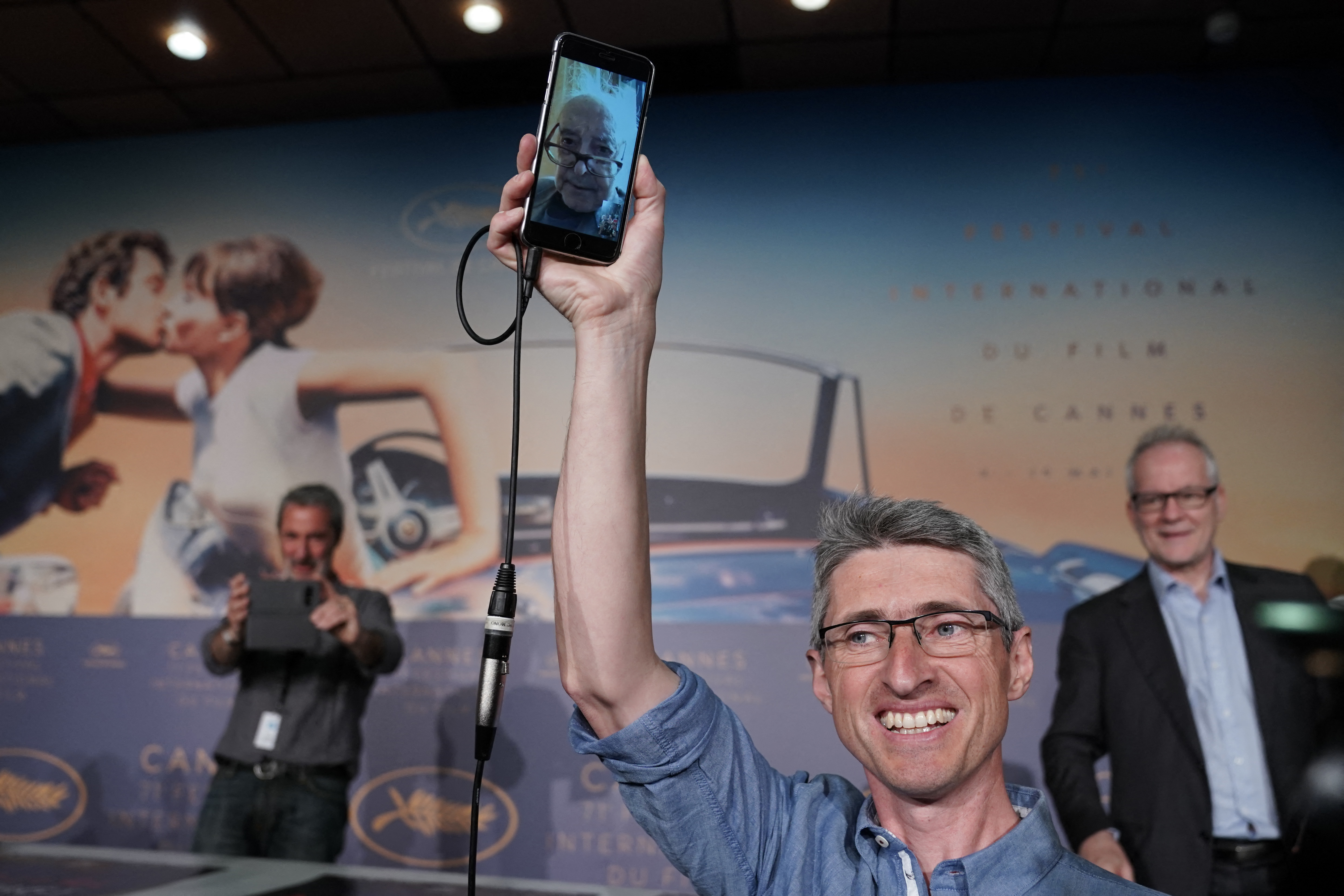
Making films without JLG
With all this said, I finally ask Aragno about his own long-gestating project, Le Lac, which he has been developing for some years. “It’s thanks to the success of Livre d’image, which our collective [Casa Azul] produced,” he says. “That helps us with funding this film. I dedicate it to Jean-Luc, who really loved the short I made before [Lakeside Suite] as a preparation for this, and (the Swiss cinema critic) Freddy Buache, who pushed me to do it. I made this film for these two men.”
In the absence of Jean-Luc Godard, Aragno has turned to co-producing other kinds of films. At the Locarno Film Festival this year, I was surprised to see Aragno’s name onscreen as a producer on the Portuguese competition film Fogo do Vento by Marta Mateus. “One day, [Mateus] bought some books we had made with Godard,” he explains. “Then I saw a short film [Farpões, baldios, 2017] on MUBI, which I loved. And I see the name in the credits… Marta Mateus, Marta Mateus… Then it clicked: that’s the same name as the woman who made the order!” This led to a friendship.
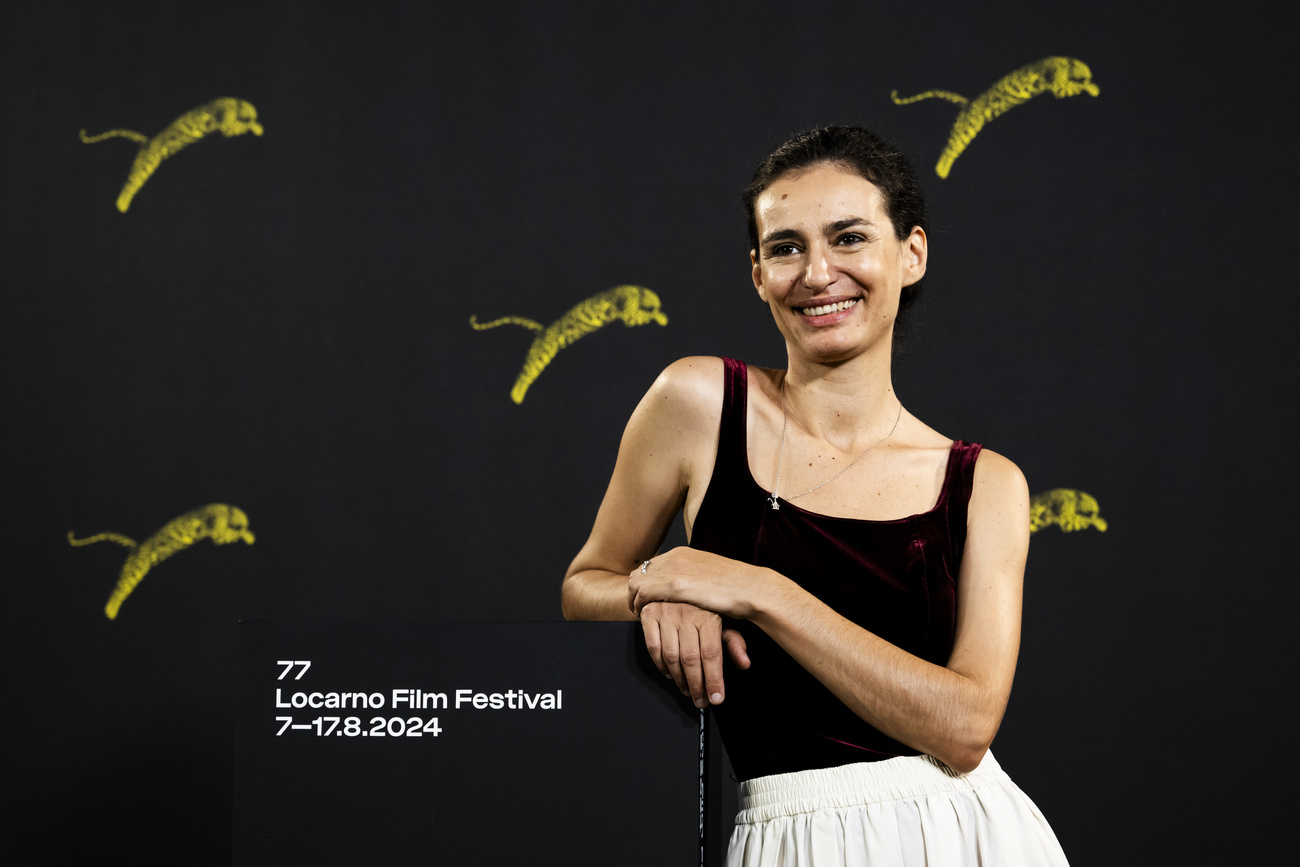
Mateus mentioned how difficult it is to raise money for films in Portugal. “She told me she was working on a feature film. I said ‘Okay, let’s produce together!’ It’s very beautiful to co-produce films. If you are only making films in Switzerland, you’re stuck on something small, closed, stupid.” He blows a raspberry, laughing.
“Co-producing, on the other hand, means you can understand the world and start to develop a sensitivity for other things,” he continues. “Still, we did Fogo do Vento without federal money. The Federal Office of Culture isn’t keen on this kind of co-production. You only get points if it has something to do with Switzerland. So, we turned to Cinéforum and the Swiss-French TV. And then with our hands. I love pushing people to make films when they can. ‘Please, just do it. Don’t wait. Here’s a camera!’”
How does it feel to be working on his own projects again? “Well, now I can say that I have more time,” Aragno says. “For 20 years, I gave the priority to Jean-Luc. Now I’m the priority. But to tell you the truth, it was nice to have something else as my priority.”
After showing at the New York Film Festival, Godard’s final films will continued on a small North American tour, heading to the Cinématheque in Montréal and Vancouver. “Maybe then I’ll have a few days to edit Le Lac on my laptop, before I head to Vienna to show the films with Adieu au langage.” The work continues.
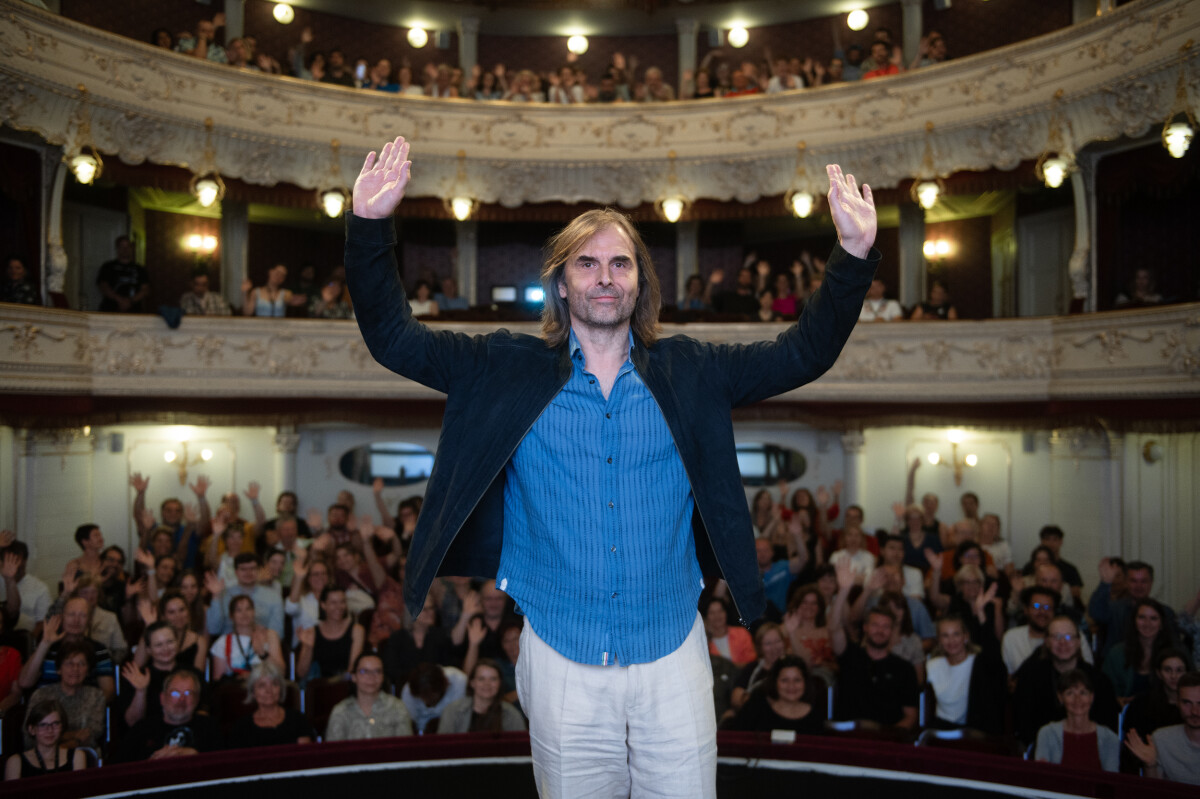
More
A pilgrimage to find the God of Cinema – in Switzerland
Edited by Virginie Mangin/ds

In compliance with the JTI standards
More: SWI swissinfo.ch certified by the Journalism Trust Initiative








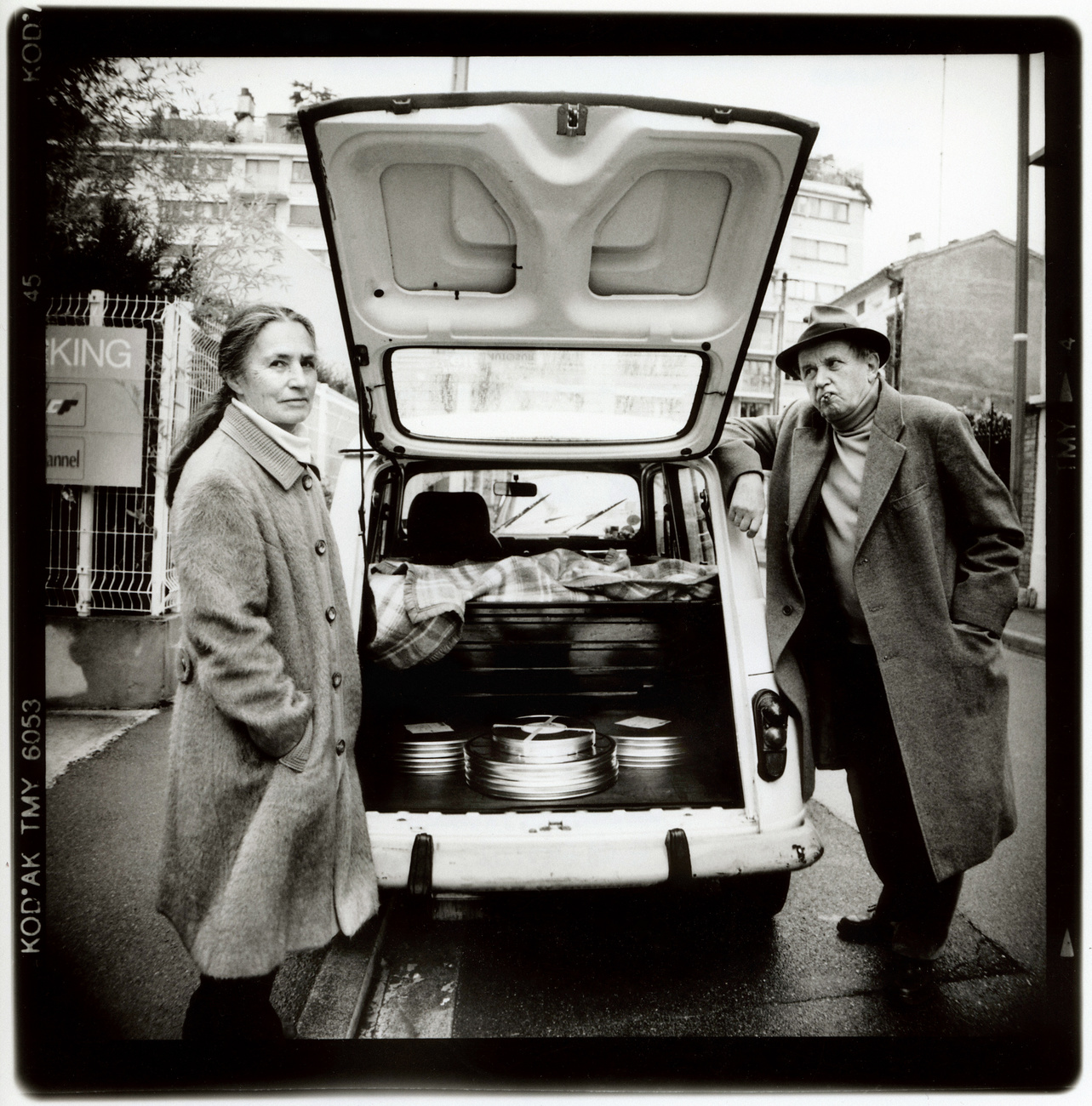
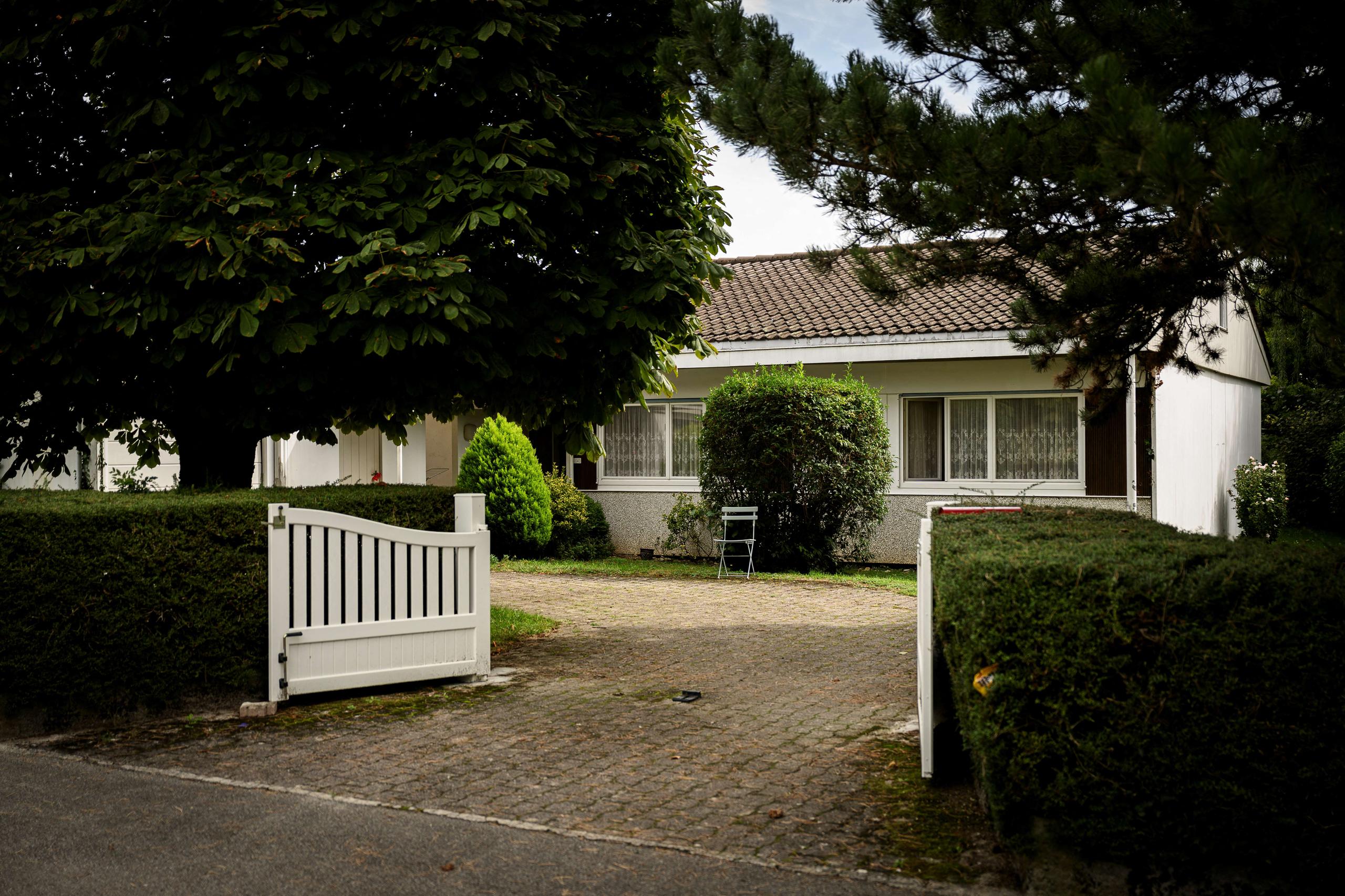


You can find an overview of ongoing debates with our journalists here . Please join us!
If you want to start a conversation about a topic raised in this article or want to report factual errors, email us at english@swissinfo.ch.